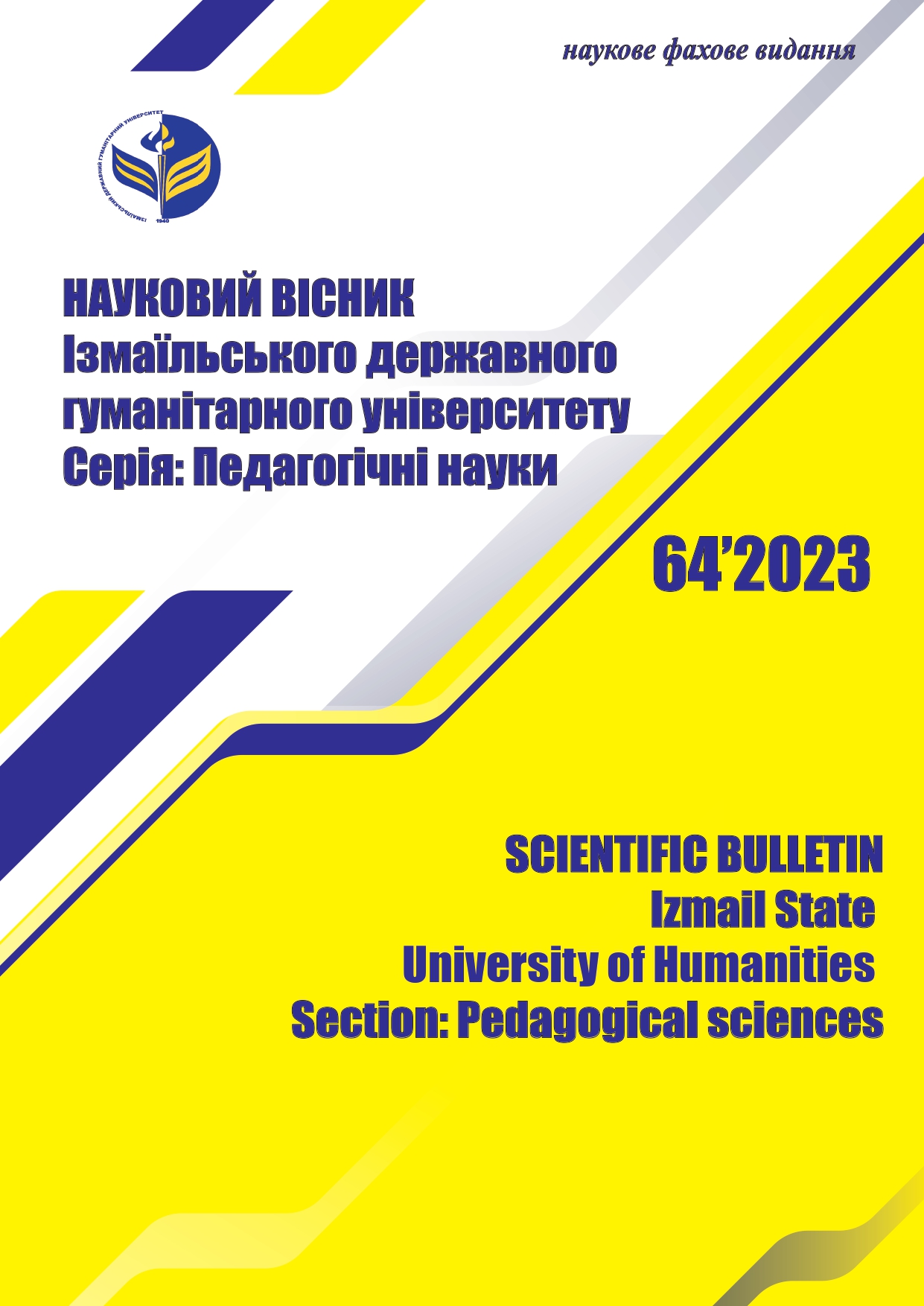Social-civic competence of preschoolers: experience and perspectives
Abstract
The development of an independent Ukrainian state is inseparably linked to the formation of civil society, the most powerful force of which is a nationally conscious individual, a patriot of their homeland. This is of particular relevance in the contemporary world, where the struggle between tyranny and democracy, barbarism and civilization is ongoing, and the enemy seeks to exploit not only military means to destroy the Ukrainian people but also ideological ones. Speculation and deliberate distortion of history, the imposition of foreign historical memory and narratives pose a threat to the development of national identity. Therefore, one of the most important tasks is to instill a sense of dignity and respect for one’s country from an early age, even in preschool education. The most favorable stage for initiating purposeful and systematic national-patriotic education is the middle preschool age. It is during this time that the future citizen begins to take shape, and the child shows an interest in the social world and the public phenomena that are taking place within it. The main types of activities that contribute to the development of social-civic competence include play, communication, artistic and aesthetic, health-preserving, and cognitive-research components. Social-civic competence should become the core of the future Ukrainian citizen.


